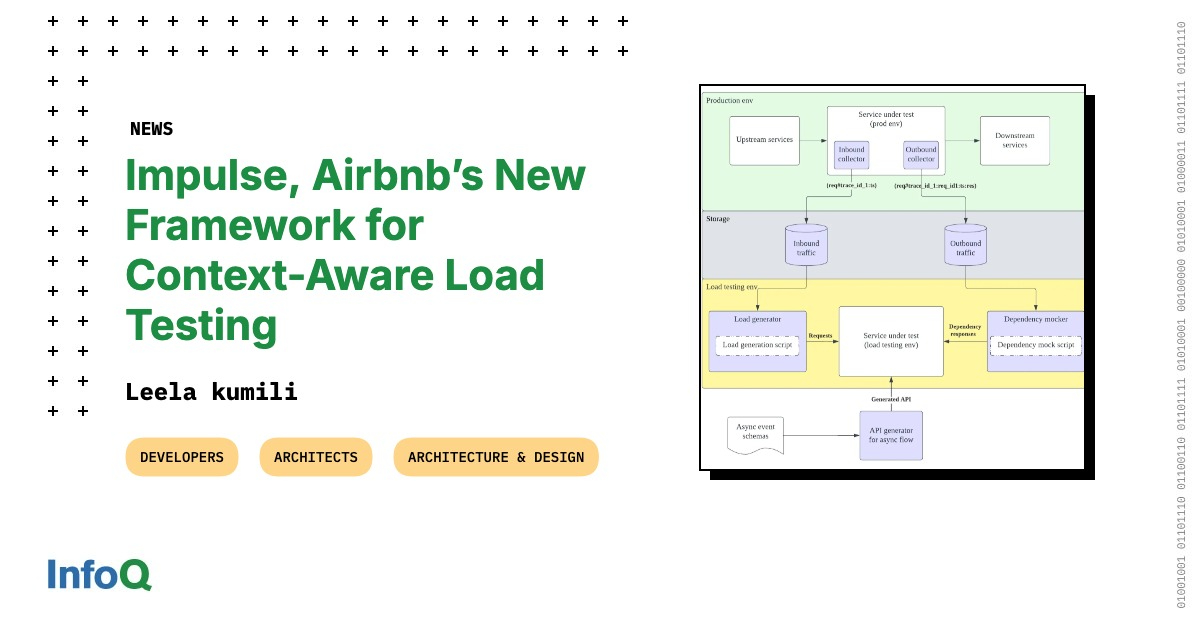A former Microsoft AI strategist is running for Congress in Illinois, positioning himself as a much-needed technology expert for a federal government he views as unprepared for the future.
Nick Pyati is a Democratic candidate for Illinois’ 9th Congressional District. He’s part of a crowded primary field that features 14 Democrats and two Republicans vying for the seat of retiring Democratic Congresswoman Jan Schakowsky.
In Pyati’s view, in order for Democrats to start winning elections, it’s not just about fighting President Trump. The party needs to have a bolder, more inspiring vision to attract people.
“One of the areas Democrats have lost touch with is technology and innovation, and how those are really critical to the progress we want to make,” Pyati told GeekWire. “That’s really why we started talking more and more about my background in technology, about how that will help inform the policies we should bring to the table, and how few people in Congress right now have any kind of relevant background in the industry, and certainly not since AI has become its focus.”
Pyati wants to reframe the conversation about artificial intelligence for voters who might only associate the technology with chatbots. He argues that AI has the potential to fundamentally transform society and he wants to show that informed policy is essential to harness this “revolution” for the public good, and to ensure the U.S. doesn’t fall behind.
Born and raised in the Chicago area, Pyati’s background includes a range of experience across public and private sectors.
He started his career as a public school teacher in New York City. After graduating from Yale Law School, he was a federal prosecutor in the Antitrust Division of the U.S. Justice Department during the Obama administration. From there he joined Boston Consulting Group, specializing in energy and public sector work.
Pyati joined Microsoft in 2016 and spent just over nine years working in corporate strategy for the Redmond, Wash.-based tech giant. The last three years he was the strategy leader for the Windows and Devices team, with a major focus on AI.
Pyati moved back to Illinois last year, settling with his wife and two sons in Evanston, north of Chicago. He had no plans to run for office, but then Donald Trump won again.
Pyati, who will be in Seattle this week for a campaign fundraiser, rejects what he calls a false choice between acceleration and responsibility in AI development.
“I don’t think we can choose between rapid progress and safety. We have to have both,” he said, adding that many current proposals out of Washington, D.C., are “not realistic ways to regulate or guide AI” and are so difficult to follow they’re only “going to slow us down.”
Pyati leans on his expertise across academia and business, bridging research and real-world application — a background that he thinks uniquely positions him to shape effective policy.
- Pyati proposes a new form of public participation in AI governance. Drawing on his work with the Collective Intelligence Project, he suggests that AI companies could have embedded representatives from the public, participating in decisions and bringing a public voice into the way products are designed, while providing necessary transparency.
- Within education, Pyati advocates for AI literacy and readiness, emphasising the need for students to develop both technical skills and an understanding of AI’s ethical and societal impacts. Separately, he also wants to support flexible, affordable career development programs that help workers reskill.
“I try to avoid getting sucked in by hype on any technology,” Pyati said. “But I think there’s a fundamental value in AI. It’s going to be as ubiquitous as electricity, in terms of how it gets used. It’s going to be part of every policy area.”










